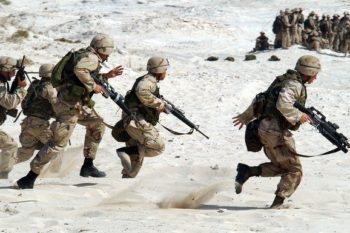
Air Force Cuts Bonuses for Thousands
Update: 7/24/2023: Emergency funding has led the Air Force to resume PCS moves for many after pausing them, and the budget cuts that resulted in the end of special duty pay for selected career fields may no longer be an issue for many. The Air Force announced it received emergency funding for critical programs and… Read more »




